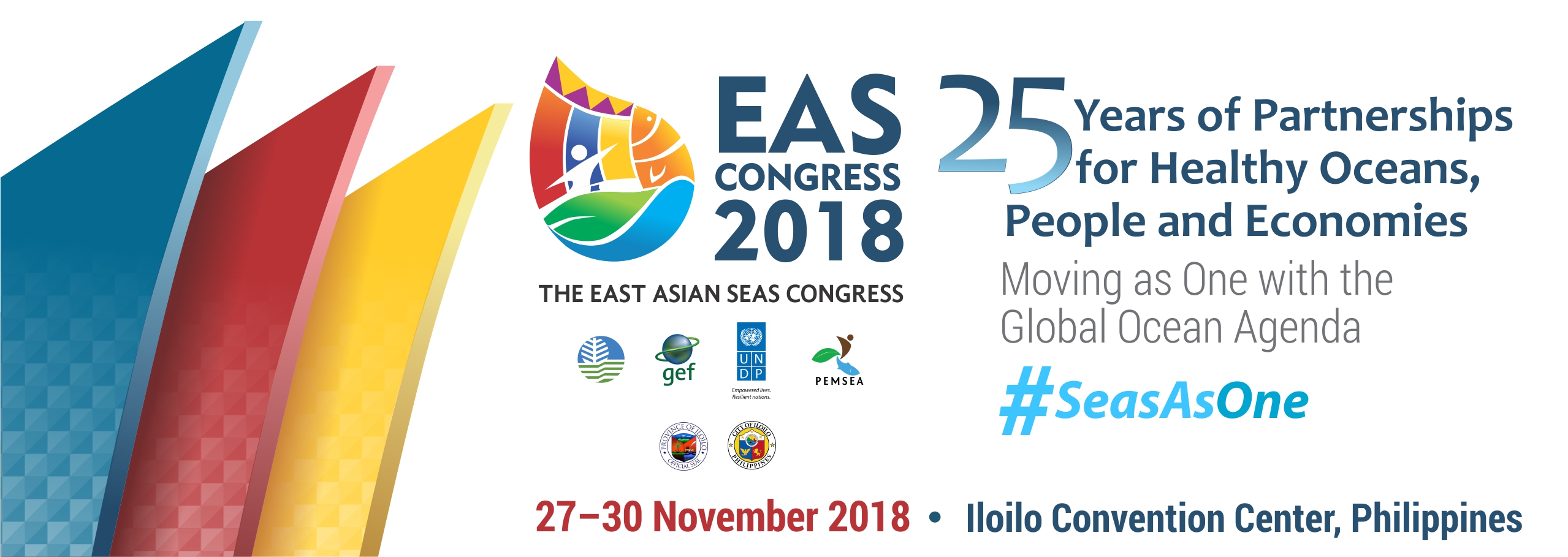REGIONAL TASK FORCE ON BIOFOULING MANAGEMENT

Aquatic Invasive Species and Ships’ biofouling
Shipping as a pathway for the transfer of invasive aquatic species (IAS) relates mainly to two vectors: ballast water and biofouling. Biofouling is the accumulation of aquatic organisms such as micro-organisms, plants and animals on surfaces and structures immersed in or exposed to the aquatic environment.
In July 2011, the Marine Environment Protection Committee (MEPC) of the International Maritime Organization (IMO) adopted the Guidelines for the Control and Management of Ships' Biofouling to Minimize the Transfer of Invasive Aquatic Species (IMO Biofouling Guidelines) – a set of voluntary guidelines meant to provide a globally consistent approach to the management of biofouling. The IMO Biofouling Guidelines have been supplemented by the Guidance for Minimizing the Transfer of Invasive Aquatic Species as Biofouling (Hull Fouling) for Recreational Craft.
GEF-UNDP-IMO GloFouling Partnerships project and beneficiary countries
The GEF-UNDP-IMO GloFouling Partnerships project (www.glofouling.imo.org) assists developing countries to implement the IMO Biofouling Guidelines and other best management practices. Part of this goal is to work towards a consistent regional approach to biofouling management to minimize the transfer of IAS. Twelve selected Lead Partnering Countries (LPCs) are part of the project (Brazil, Ecuador, Fiji, Indonesia, Jordan, Madagascar, Mauritius, Mexico, Peru, The Philippines, Sri Lanka and Tonga) and spearhead the efforts at the national level, while also playing a catalytic role at the regional level. An additional thirteen Partnering Countries (PCs) are expected to lay the foundation for biofouling management at the national level and participate and engage in regional activities and initiatives.
Role of regional Secretariats
Five regional centres or Secretariats – named “Regional Coordinating Organizations (RCOs)” in the context of the project - including Partnerships in Environmental Management for the Seas of East Asia participate in the GloFouling Partnerships project to address the issue of biofouling management at the regional level by working towards the establishment of regional strategies and action plans to manage biofouling within their respective regions. As a first step, work has been conducted to raise awareness at the regional level on the issue of aquatic invasive species introduced via ships’ biofouling. All five RCOs organized regional awareness-raising online seminars during 2021. Information on PEMSEA's GloFouling activities is available here.
Regional Task Forces and the development of regional strategies on ships’ biofouling management
In November 2021, to facilitate the development of regional strategies, the GloFouling Partnerships project invited all regional coordinators to participate in a virtual roundtable. During this roundtable meeting, a draft Regional Strategy Template was discussed and a generic document adopted for use by each region. The Template provides common key elements for a strategy addressing ship’s biofouling management, and can serve as a canvas for the development of regionally harmonized management arrangements by each regional Secretariat that fit their respective specific needs.
To lead this work, each region will establish a Regional Task Force (or use an existing working group or task force, as appropriate). This Regional Task Force will have representation from all countries in the region and will primarily serve as a mechanism to develop and update the regional strategy and its action plan and oversee its implementation.
Objectives of the meeting
A regional meeting for the establishment of the Regional Task Force (RTF) is being organised with the aim to:
- Provide background on the GloFouling Partnerships project and on the steps taken in the region in relation to biofouling management.
- Endorse the proposed draft Terms of Reference (TOR) of the RTF and establish the RTF.
- Conduct the first RTF meeting, which will discuss the and agree on a draft Regional Strategy Template on biofouling management.
The agenda is available here.
Meeting expectations and outputs
It is expected that the following outputs will be achieved:
- Shared progress on biofouling management in the region.
- Endorsement of the TOR for the RTF, and establishment of the RTF.
Finalisation of first RTF meeting and agreement on the first draft of a regional strategy and action plan.



